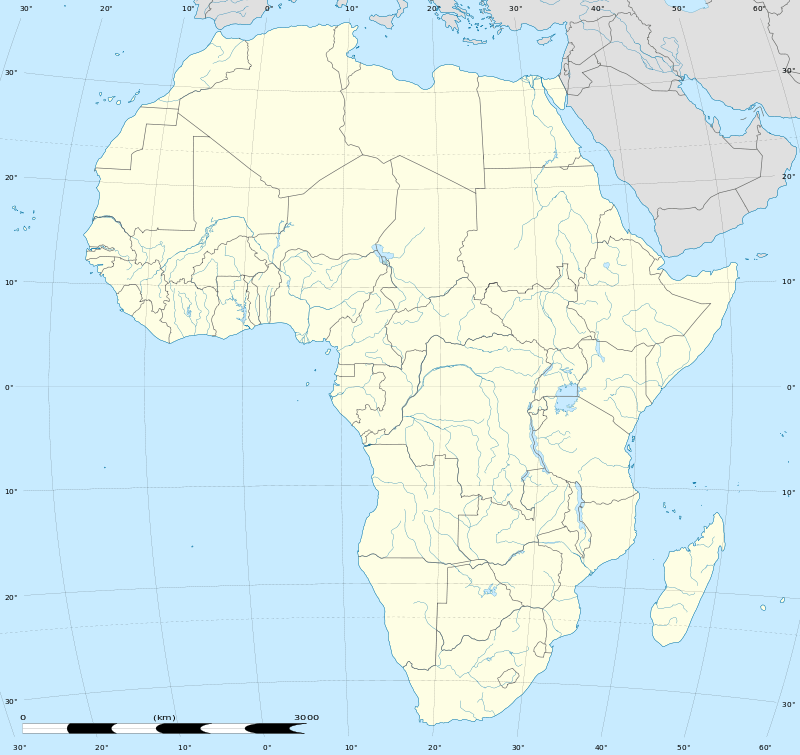Troyeville
| Troyeville | |
|---|---|
 Troyeville  Troyeville  Troyeville
| |
|
Location within Greater Johannesburg  Troyeville | |
| Coordinates: 26°11′56″S 28°03′58″E / 26.199°S 28.066°ECoordinates: 26°11′56″S 28°03′58″E / 26.199°S 28.066°E | |
| Country | South Africa |
| Province | Gauteng |
| Municipality | City of Johannesburg |
| Main Place | Johannesburg |
| Area[1] | |
| • Total | 0.61 km2 (0.24 sq mi) |
| Population (2011)[1] | |
| • Total | 4,154 |
| • Density | 6,800/km2 (18,000/sq mi) |
| Racial makeup (2011)[1] | |
| • Black African | 89.1% |
| • Coloured | 4.1% |
| • Indian/Asian | 2.2% |
| • White | 3.2% |
| • Other | 1.3% |
| First languages (2011)[1] | |
| • Zulu | 28.7% |
| • English | 13.5% |
| • Xhosa | 7.1% |
| • Sotho | 5.3% |
| • Other | 45.4% |
| Postal code (street) | 2094 |
| PO box | 2139 |
Troyeville is a suburb of Johannesburg, South Africa. It is a small suburb found on the eastern edge of the Johannesburg central business district (CBD), with the suburbs of New Doornfontein, Bertrams and Lorentzville to the north, Fairview to the south and Kensington to its east. The main road through the suburb is Albertina Sisulu, has its eastern end in the suburb and connects the CBD to Johannesburg's eastern suburbs and towns of the East Rand. It is located in Region F.
History
Troyeville was founded as the gold rush happened and people tried to build homes and churches away from the centre of mining. The suburb was founded on one of the original farms on the Witwatersrand, after a strip of land was sold from the farm Doornfontein.[2]:158 The land was purchased by Hollanders, Van Boeschoten and Lorentz.[2]:151 Their land was surveyed by Gustav Arthur Troye and is named after this surveyor.[2]:155 The survey did not take into count the contours of the land and hence there are steep slopes in the suburb.[2]:155 The street names all have Netherlands origins.[2]:155 During 1895, the plots of land were being sold for an average price of £30.[3]:176 Mohandas Gandhi lived in Troyeville from a period between 1904 and 1906, with the house still in existence at 11 Albermarle Street.[4]
The oldest Baptist church in South Africa is in Troyeville dating from 1897 when it was started by missionaries.[5] An anti-apartheid activist David Webster lived on Eleanor Street at what is now called the David Webster House. The front of the house is decorated to celebrate his life and his murder for his beliefs.
References
| Wikimedia Commons has media related to Troyeville. |
- 1 2 3 4 "Sub Place Troyeville". Census 2011.
- 1 2 3 4 5 Leyds, Gerald Anton (1964). A History of Johannesburg: The Early Years. Nasional Boekhandel. p. 318.
- ↑ Shorten, John R. (1970). The Johannesburg Saga. Johannesburg: John R. Shorten Pty Ltd. p. 1159.
- ↑ "GANDHI FAMILY HOME". Blue Plaques of South Africa. Retrieved 2 May 2016.
- ↑ "Troyeville, a suburb of spirit". City Pres. 19 March 2013.